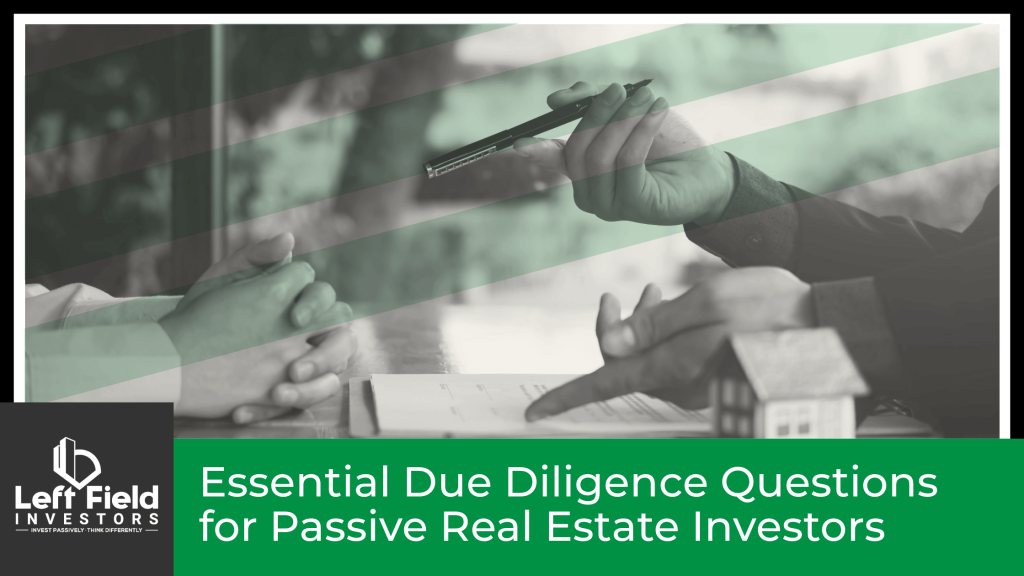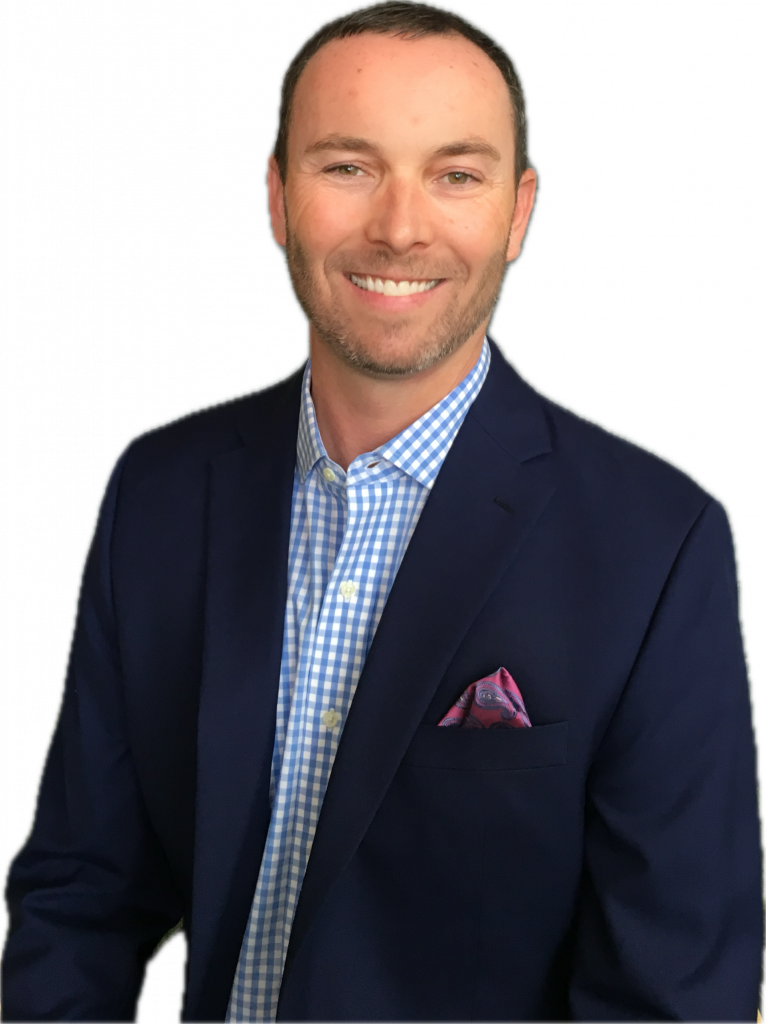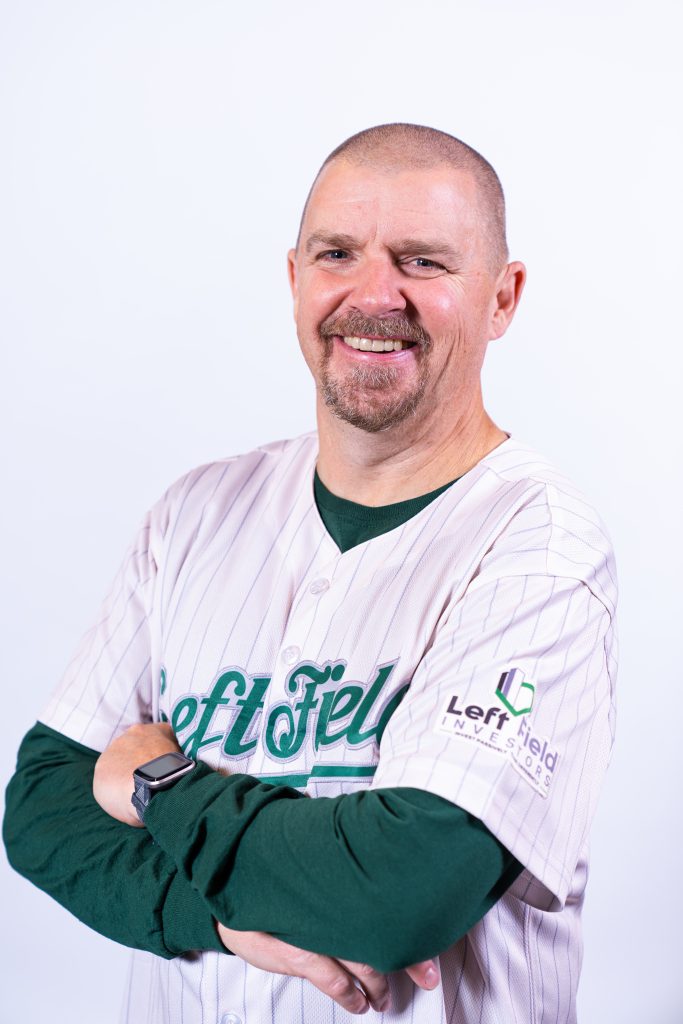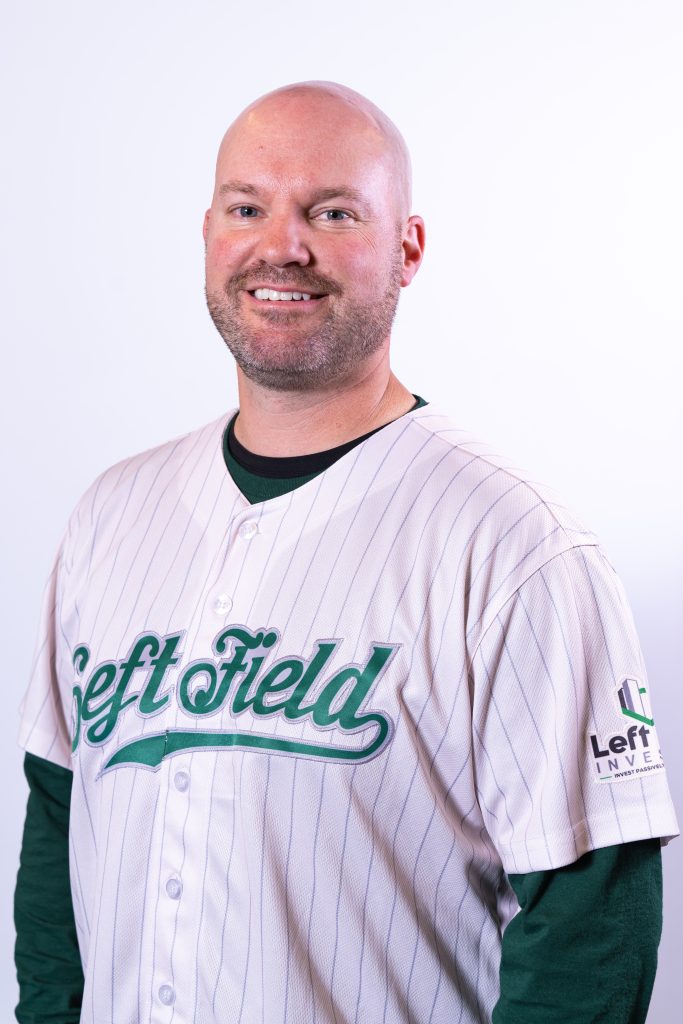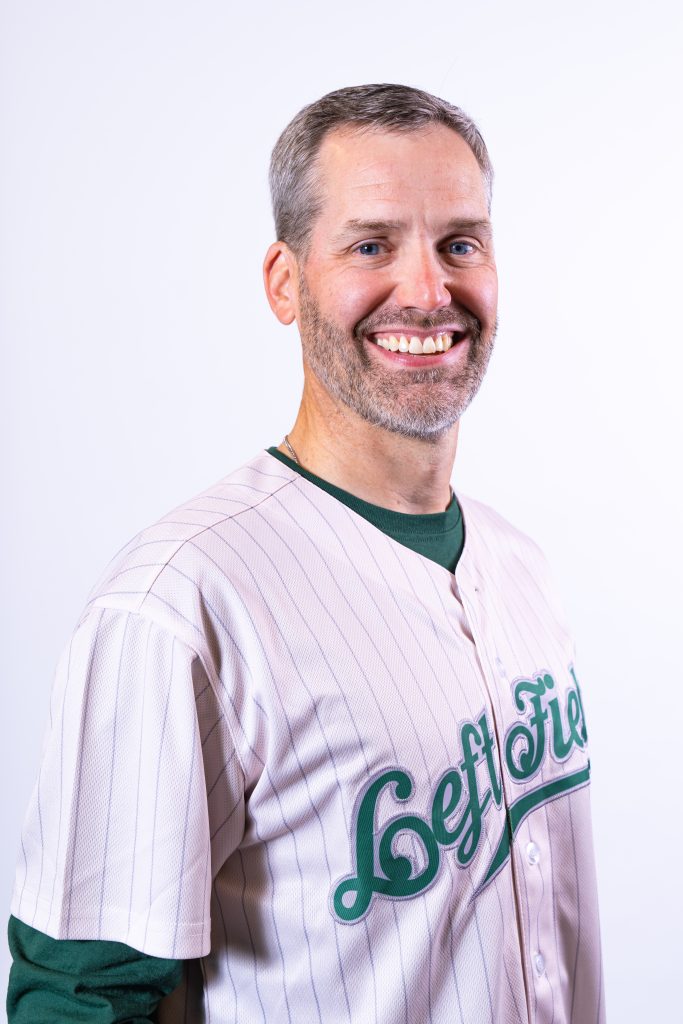Whether you’re new to investing in private real estate offerings as a passive investor, or you’re an experienced limited partner (LP), conducting thorough due diligence is paramount to ensuring your dollars are being put to work in deals that match your risk tolerance. This starts, first and foremost, with asking the right questions.
You absolutely want to talk to the lead sponsor before going too deep into any specific deal. Usually, you’ll get about 30 minutes on an introductory call. That’s not very long, so you’ll want to be organized for an optimal result. There have been more than a few calls I’ve scheduled where I enjoyed the conversation but didn’t get into the meat of what would drive my investment decision.
There’s no way you can get through 50 questions in a half hour, but if you come into the call with a game plan and a checklist, you’ll be in control of getting an answer to the ultimate question – Would I consider investing with this sponsor or in this deal?
The following questions are divided into four sections – General Questions, Deal Level Questions, Legal/Insurance/Tax Questions, and About the Team Questions. This is not a 100% comprehensive list but rather a guide for you to cherry-pick what inquiries are most important to you…and to keep you on track to getting answers.
Let’s start with the broad questions.
GENERAL QUESTIONS
1. Have you ever lost your own money on a real estate deal?
2. How about other peoples’ money?
3. How do you balance risk mitigation with returns?
4. What is the most difficult challenge you have had to overcome?
5. What makes you different from other groups?
6. May I speak with some of your past investors who have invested with you?
7. May I speak with LPs who have invested in MULTIPLE deals with you?
8. Have you been through any market cycles?
9. How many deals have gone full cycle?
10. What has been your worst syndication deal?
11. Have you ever called unplanned capital and why?
12. What’s your due diligence process?
13. How are your current deals performing compared to projections?
14. What is your liquid net worth?
15. Have you ever oversubscribed a deal?
16. How often do you provide property updates to your investors?
17. Can I see an example of how you communicate bad news?
18. What gaps do you have on your team that you need to outsource?
Now you should have a good idea about how the sponsor thinks, what their track record is, and how they communicate. However, as you’ve probably heard, past performance does not guarantee future results. Markets change, investment theses change, and people change. You always want to evaluate the deal even if you have had experience and success with the sponsor in the past.
A sponsor with whom I have invested as an LP four times brought a new opportunity to their investors. After getting into the details, I noticed some differences in the underwriting and assumptions versus past deals, that did not make me comfortable. You always want to make sure your risk tolerance remains in line with the sponsor’s.
The next ones are deal-level questions. These are not specific to the underwriting. Questions like “Are your pro forma rent comps accurate?” or “How did you adjust for property tax reassessment?” are beyond the scope of this article. I’ll add that if the answer to the first question in the next section is “no”, don’t wire a cent.
DEAL LEVEL QUESTIONS
19. May I see your underwriting?
20. Have you gotten quotes from third-party vendors for all your expense assumptions?
21. Have you conducted stress tests on your analysis?
22. Is your “skin in the game” coming from your acquisition fee?
23. What type of financing are you securing for this deal and why?
24. Why did you choose this market?
25. What is your plan for capital reserves for the deal?
26. How long until I start seeing distributions and what is the cadence?
27. What restrictions are there on GP compensation or clawbacks if the project underperforms?
28. What happens to my ownership interest on a refinance?
29. What is your promote structure?
30. What is your fee structure?
31. How detailed of reporting are you willing to share?
32. What are your worst-case scenarios in this deal?
33. What does your management or acquisition fee cover?
34. If the property over-performs, are the LP’s capped or do they participate in that overage?
35. Are you sourcing capital anywhere but from retail investors?
36. If so, what control rights do your equity partners have?
37. What is the yield-on-cost at stabilization?
After you get through these questions, hopefully you have a copy of the underwriting file, and you can get to work on matching what you’ve been told to what the spreadsheet is telling you.
The next section is a short one, but very important. You want to know that your sponsor is compliant, properly insured, and has reliable, professional counsel.
LEGAL/INSURANCE/TAX QUESTIONS
38. How do you stay compliant with SEC broker/dealer laws with your capital partners?
39. What is your track record on producing K-1s each tax year at a reasonable time?
40. How do you determine the total insurable value?
41. Full value or loss limit?
42. Do you purchase a Directors and Officers (D&O) liability insurance policy and an Errors and Omissions (E&O) policy?
The last section deals with the team and their experience. You want to know if their operation is vertically integrated or do they, instead, outsource parts of their operation. If they are vertically integrated, what is the experience of each key team member? It is really not that difficult to acquire property, especially if the sponsor has loose underwriting criteria and access to capital from a track record built during the “everything upswing” in the market. Where the rubber meets the road to separate truly exceptional sponsors from average or poor ones is to delve into the property and asset management!
ABOUT THE TEAM QUESTIONS
43. What is your contingency plan if one of the partners falls ill or passes away?
44. What is your role on the team and who else is involved as a GP?
45. Who is the asset manager and what is their experience?
46. Who are your most crucial team members?
47. Is your property management in-house or outsourced?
48. If outsourced, how do you manage your PM?
49. Have you worked with the PM on past acquisitions?
50. Who are the active operating GPs and what is their experience/track record?
Now you have a framework to reference when you’re evaluating sponsors and/or deals.
Paul Shannon is a fund manager of InvestWise Collective, a customizable fund aimed at helping investors diversify out of traditional markets into passive real estate opportunities. He is also an active real estate investor, acquiring over 200 residential units, many deep value-add properties, starting with single-family and transitioning to multifamily, by recycling his equity and/or joint venturing. He has experience in underwriting, acquisitions, raising capital, property management, project management, and is a licensed Realtor. Paul is also an experienced limited partner, investing in over 1,500 multifamily units across the country. In addition to multifamily, Paul has invested as an LP in NNN, industrial, sale leasebacks, preferred equity, 1st and 2nd position notes, ATMs, mixed-use development and private equity.
This article is for educational purposes only and is not to be relied upon as the basis for entering into any transaction or advisory relationship or making any investment decision. All investments involve the risk of loss, including the loss of principal. Past performance, and any performance results reflected in this article, is not an indication of future results.

